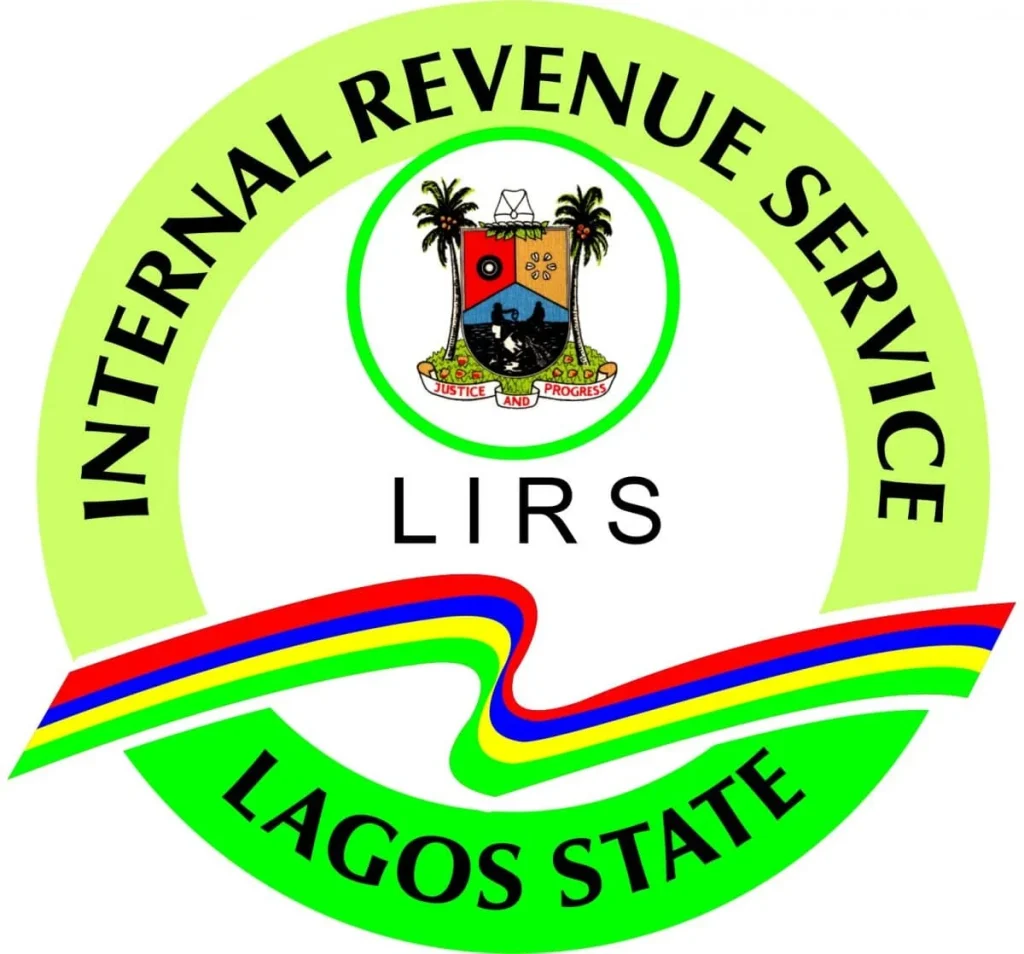The Central Bank of Nigeria has issued a directive requiring all Point of Sale terminals in the country to be geo-tagged within a 60-day timeframe. This move is aimed at curbing fraud and enhancing oversight of digital payments in Nigeria. According to a statement released by the CBN on August 26, 2025, the initiative is part of a broader plan to modernize the country’s payment system, improve consumer protection, and ensure the security and traceability of digital financial transactions.
The geo-tagging of PoS terminals will enable real-time monitoring of transactions and help eliminate “ghost” or cloned terminals. Newly deployed PoS devices will be equipped with native geolocation features and double-frequency GPS receivers for accurate tracking. Each terminal will be required to capture and transmit its location at the start of every transaction, with any activity beyond a 10-meter radius of the registered merchant address automatically flagged.
Licensed operators, including major banks and fintech companies, are expected to register each terminal with a payment aggregator and provide precise merchant coordinates. The CBN has set a deadline of October 20, 2025, for compliance, after which non-compliant devices will be deactivated. This initiative is designed to ensure that all PoS terminals are traceable and that transactions are secure.
The directive is a significant step towards strengthening the security of digital payments in Nigeria. The country has experienced significant growth in digital transactions in recent years, driven by the increasing adoption of mobile payments and other digital financial services. The CBN’s move to geo-tag PoS terminals is expected to enhance consumer confidence in digital payments and reduce the risk of fraud.
The implementation of this initiative will require the collaboration of all stakeholders, including licensed operators, payment aggregators, and merchants. The CBN will need to work closely with these stakeholders to ensure a smooth transition and minimize any disruptions to digital payment services. As the deadline for compliance approaches, it is likely that there will be increased activity in the industry as stakeholders work to meet the new requirements.



